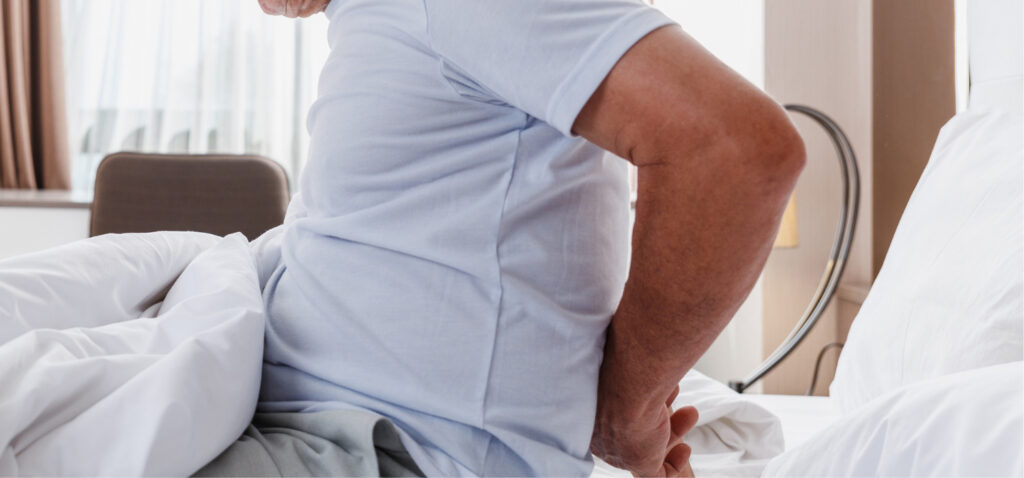Representing Civilian Contractors for 75 consecutive years
Free Legal Help
Our fees Are Paid By the insurance company,
So You NEVER pay
-
Civilian Contractors supporting U.S. Armed Forces and Longshoremen should
NEVER be denied coverage. -
We represent you ANYWHERE in the world.

Millions
In Claims Settled for our Clients
Free Legal Help When You Need it!
For the past 75 years, we have helped injured contractors around the world recover hundreds of Millions of U.S. Dollars in wages and medical benefits.

We Fly To You, Wherever You Are In The World
Our Defense Base Act (DBA) Law Firm – Garfinkel Schwartz represents civilian contractors who have supported the U.S. Government as Civilian Contractors. We also specialize in assisting longshoremen who work the ports, docks, coasts, rivers and U.S. waterways. Clients have come to Garfinkel Schwartz’s lawyers for the past 7 decades obtaining denied medical care, past owed wages and money for their losses.
-
We work to get you the medical treatment and doctors you need at no cost to you.
-
We fully prepare you for every milestone of your case (deposition, mediation, settlement or trial).
-
We keep you regularly informed.
-
We will make sure you receive all the money, wages, and medical care you are entitled to.









What injuries
are
covered?
What injuries are covered? The Defense Base Act provides compensation, medical, and death benefits to covered employees injured or killed in the course of employment, whether or not the injury or death occurred during the employee’s shift. Injuries can be physical, psychological or presumptive.
Common physical and psychological injuries include but are not limited to:
-
Back
-
Neck
-
Shoulders
-
Arms
-
Chest
-
Carpel Tunnel
-
Hips
-
Back or Knee Pain
-
Legs
-
TBI
-
Loss of Hearing
-
PTSD
-
Anxiety
-
Depression
Presumptive injuries are conditions presumed to have been caused by the harsh conditions employees were exposed to during the course of their employment such as burn pits, pollutants and unsanitary conditions.
Examples of presumptive injuries include but are not limited to the following:
-
Cancer
-
Pulmonary injuries
-
Hepatitis
-
Bacterial infections
-
Immune system disorders
-
Long COVID effects
The Garfinkel/Schwartz family have helped injured workers for for generations – great grandfather, grandfather, father, and sons
Schedule A Free Case Review
When you hire the Garfinkel Schwartz law firm, you hire a large and powerful team of lawyers, paralegals, legal researchers, staff, accountants, and other dedicated professionals. We help you get the very best medical care. Garfinkel Schwartz makes sure your doctors get paid. Therefore, you don’t pay for your doctors or lawyer EVER.


What Our Clients Say
WE ARE HERE BECAUSE WE CARE
Find out who receives our help. Read their stories, do they sound familiar?
Be amazed by how their life was changed after they found us.
I was being represented by another Law Firm in my DBA workers compensation case. During this time, I was not receiving what I felt to be honest and correct representation. I decided to reach out to the law firm of Garfinkel Schwartz, after reviewing their background in DBA cases and viewing videos by Brian Wiklendt explaining all aspects of the DBA process. I contacted Brian who came to my home and sat down with me and answered all my questions and concerns. It was then I decided to retain Brian to further represent me in my DBA case and it was decision I never regretted. During the process of my DBA case, attorney Giselle Garcia of Garfinkel Schwartz also assisted me in my case. I could always contact and speak with Brian or Giselle with my concerns and they would always keep me updated. During a very difficult mediation that lasted for several hours, Giselle was there for me. She would step in and tell the opposing counsel we needed to take a break because of the emotional issues I was experiencing. Her concern for my emotional well-being was very professional but at the same time, she always had my best interest to make sure I was ok. I was very pleased with the outcome of my DBA case and this was due to the constant hard work of Brian and Giselle. Soon after my DBA settlement, I had a personal issue which required me to produce paperwork from my case. I contacted Giselle and she was more than happy to assist me and did so. This is a Law Firm that once you’ve settled your case they are still there for you and do so without any hesitation. I know that if I should ever require further assistance from Giselle, I could always contact her. If you are looking for a Law Firm to represent you in your DBA case, do not look any further than Garfinkel Schwartz and Brian and Giselle.
We Uphold the Law for our Clients
Learn more about the laws that protect EVERYONE who works on a military base or on the water.

DEFENSE BASE ACT (DBA)

LONGSHORE AND HARBOR WORKERS COMPENSATION ACT
HOW WE BEGAN
History and Heritage
The law firm is named for founder and attorney Alan Garfinkel, and in memoriam for deceased Longshore and Defense Base Act lawyer, John M. Schwartz and his father Sydney Schwartz.
John Schwartz and his father were Defense Base Act lawyers for more than 50 years. They represented injured workers and contractors around the world.
Alan Garfinkel and John M. Schwartz worked side by side for more than a dozen years. Together, they helped thousands of men and women working as overseas civilian contractors and longshoremen on U.S. Federal waterways who were denied DBA and Longshore Act compensation claims.
Brian Wiklendt and Giselle Garcia are Defense Base/Longshore Act lawyers and lead counsel for the firm. Schwartz’s grandsons while attending law school served as legal assistants and medical researchers working on the Garfinkel Schwartz team.

The Garfinkel-Schwartz families and law firm have a military service history that goes back more than 106 years, World War I with Alan Garfinkel’s grandfather, World War II with Alan’s Father and 3 uncles and Vietnam with John Schwartz. Currently, Garfinkel Schwartz has a lawyer that is in the Active Army Reserves and serves in the United States Military as a Lieutenant Colonel. Garfinkel Schwartz and our law firm family continue to devote their careers and lives in obtaining medical care and money for civilian contractors and longshoremen who get sick or injured on the job.





